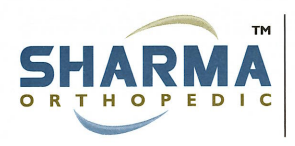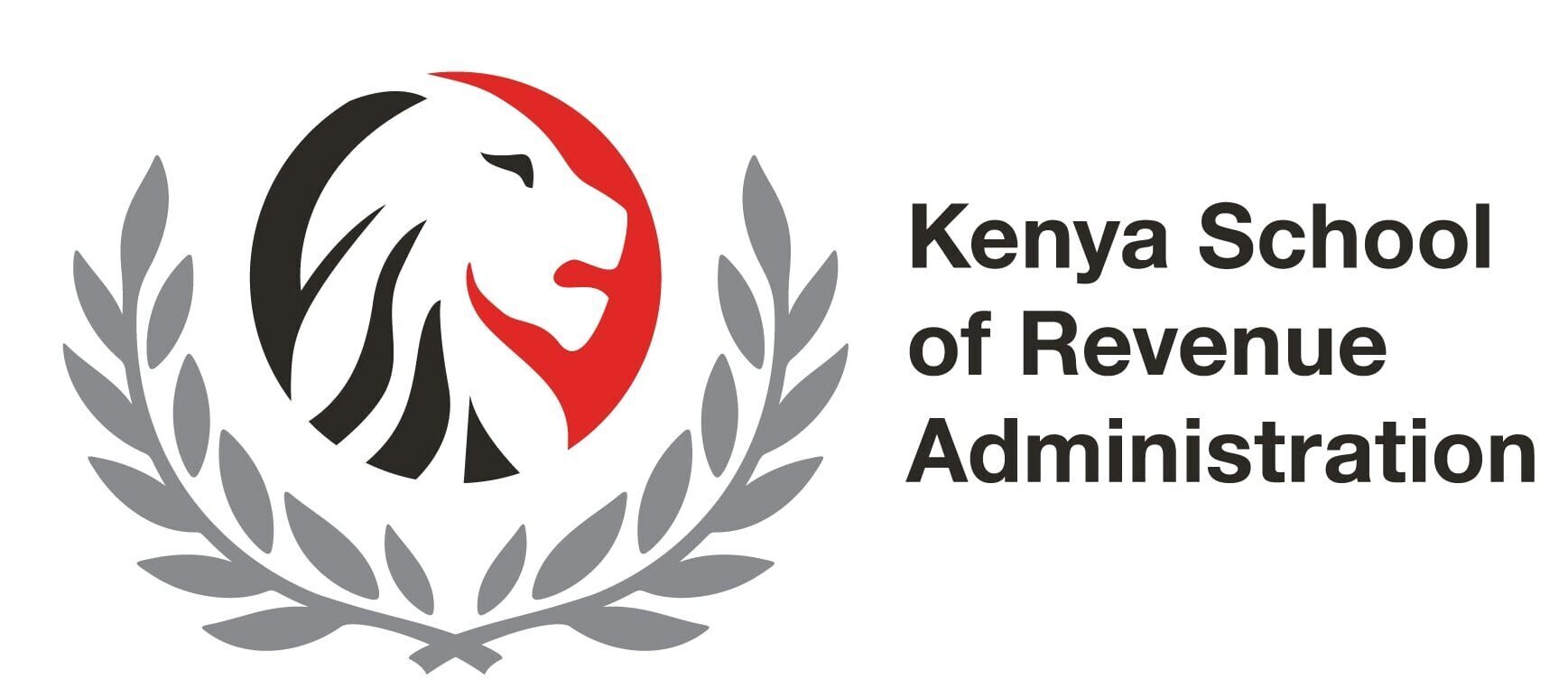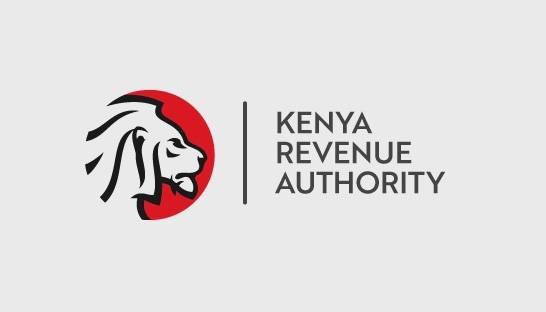- Customs Valuation, Tax Appeals Tribunal Decisions
- 298 Views
On 14th May,2020, the Appellant was informed by the Respondent through the online clearing platform that the values declared were too low and therefore the goods have to be given an uplift of the values based on reference values of similar importations, resulting to a demand of Kshs. 1,589,184/= in extra taxes.
JUDGEMENT
BACKGROUND
1.The Appellant is a partnership. Its principal activity is supply of wallpaper, which is sourced through importation. It is a registered taxpayer.
2.The Respondent is a principal officer of the Kenya Revenue Authority (KR A). KRA is an agency of the Government of Kenya established under the Kenya Revenue Authority Act Cap 469 laws of Kenya and is tasked with the mandate of assessment, collection of revenue and the administration of tax laws within the Republic of Kenya.
3.The Appellant imported wallpaper for purposes of selling the same. It made a declaration of the imported goods vide entry No. 20201CD203837 on 12th May 2020 and paid Kshs.403, 476/= as tax due.
4.The Respondent then proceeded to carry out a physical verification of the goods and according to it, the declared value was found to be low compared to values of similar goods imported from the same region.
5.On 14th May,2020, the Appellant was informed by the Respondent through the online clearing platform that the values declared were too low and therefore the goods have to be given an uplift of the values based on reference values of similar importations, resulting to a demand of Kshs. 1,589,184/= in extra taxes.
6.The Appellant, vide a letter dated 28th May, 2020 appealed to the Respondent on the said decision, but did not receive a response. Vide its letter dated 19th June, 2020 it wrote to the Respondent requesting to pay the extra assessed tax under protest so as to minimize the accrual of demurrage and storage costs. Vide a letter dated 25th June, 2020 the Respondent declined the Appellant’s request of paying under protest, stating that the Appellant had not provided adequate justification in support of its request.
7.Being aggrieved by the Respondent’s decision, the Appellant lodged its Notice of Appeal, Memorandum of Appeal and Statement of Facts on 15th July, 2020.
8.Upon service, the Respondent lodged its Statement of Facts on 12th August, 2020.
THE APPEAL
9.The Appeal is premised on the following grounds:
a.That the Respondent erred in law and fact in confirming extra taxes (uplift) when the Respondent had not responded to the Appellant’s review letter dated 28th May,2020 as required by
Section 229(1) of the East Africa Community Customs Management Act (EACCMA).
b.That the Respondent erred in law and fact in confirming extra taxes (uplift) as by virtue of Section 229(5) of EACCMA the Respondent is deemed automatically by operation of the law to have allowed the application for review.
c.That the Respondent erred in law and fact by disallowing the transaction value as indicated on the commercial invoice and for which the Appellant paid all the relevant taxes contrary to Section
122 and paragraph 2(1) of the Fourth Schedule to EACCMA.
d.That the Respondent erred in law and fact by arriving at its decision without giving reasons as required by Section 229(4) of EACCMA and Section 49 of the Tax Procedures Act (TPA).
e.That the Respondent’s reasons, (if any) were guided by extraneous considerations that it is not legally entitled to consider, and the extra tax following therefrom were consequently incurably tainted and thus illegal.
f.That the Respondent’s decision did not take into consideration the Appellant’s application to the Respondent dated 28th May, 2020.
10.In conclusion, the Appellant prays that:
a)This Honorable Tribunal be pleased to annul or vary the decision or varied in such a manner as may appear just and reasonable
b)This Honorable Tribunal be pleased to order the release of the goods to the Appellant.
c)This Honorable Tribunal be pleased to order the Respondent to pay the costs of this Appeal.
d)This Honorable Tribunal be pleased to issue any other order favourable to the Appellant as it may find Just and expedient to issue.
THE RESPONSE
11.The Respondent opposed the Appeal on the following grounds;
a)That the Appellant made a declaration of the imported goods vide entry no 20201CD 203837 on 12th May, 2020 and paid Kshs. 403,476/= in total taxes due.
b)That the entry was targeted by the National Targeting Centre(NTC) alerting the verification officers that the declared unit value was low compared to the value of similar goods declared under entry 2020 ICD184063.
c)That physical verification was carried out on 18th May, 2O2O.The declared values were found to be low compared to values of similar goods imported from the same region.
d)That an uplift of the values was done based on reference values of similar importations resulting to a demand of Kshs. 1,589,184/= in extra taxes.
e)That on 28th May, 2020 the Appellant appealed the decision by the valuation officers at 1CD Nairobi to the Chief Manager Valuation Headquarters.
f)That in its appeal, the Appellant did not attach any supporting transaction documents to support the declared values, that is, certified funds transfers to the supplier documents or sales contract.
g)That in the absence of value supporting documents or any new evidence to support the declared value, the Chief Manager sustained the uplifted values vide a letter referenced CUS /V&T /VAL/GEN/06/389 dated 25th June, 2020.
h)The Respondent states that it was guided by the law in arriving at its decision, specifically Section 122 and the Fourth Schedule of the EACCMA which provides for the determination of value of imported goods.
i)That it is the Respondent’s duty to ensure that the burden of taxation is shared fairly as dictated by Article 201 of the Constitution of Kenya 2010.
12.Reasons wherefore, the Respondent prays that:
a)The Objection Decision dated 25th June,2020 be upheld as the true reflection of the Appellant’s tax liabilities
b)The Appeal herein be dismissed with costs to the Respondent.
ISSUES FOR DETERMINATION
13.Having considered both parties’ pleadings, documentation and submissions, the Tribunal is of the respectful view that the issues that call for its determination are as hereunder:-
a)Whether the Respondent erred in law and fact by failing to respond to the Appellant’s review letter dated 28th May 2020 within the statutory period.
b)Whether the Respondent erred in law and fact in uplifting customs duty on the Appellant’s imported goods.
ANALYSIS AND FINDINGS
14.Having determined the said issues, the Tribunal will proceed to analyze them here below:-
- a) Whether the Respondent erred in law and fact by failing to respond to the Appellant’s review letter dated 28th May 2020 within the statutory period.
15.The Appellant contends that the Respondent failed to respond to its
review letter dated 28th May, 2020 when it appealed the Respondent’s decision to uplift the values of goods. The Respondent on the other hand contends that the said letter was making a generalized plea against the uplifting of the values, primarily inviting the Respondent to do investigations from the various wallpaper manufactures in Europe. Section 229 of EACCMA prescribes the appeal mechanism process for any person aggrieved by the Respondent’s decision.
16.The Tribunal makes reference to Section 229 (I)(4) and (5) of EACMMA which provides as follows:
229(1) “A person directly affected by the decision or omission of the Commissioner or any other officer on matters relating to customs shall within thirty days of the date of the decision or omission lodge an application for review of that decision or omission”
229(4) “The Commissioner shall within a period not exceeding thirty days of the receipt of the application under subsection (2) and any further information the Commissioner may require from the person lodging the application, communicate his or her decision in writing to the person lodging the application stating reasons for the decision” 229(5) “Where the Commissioner has not communicated his or her decision to the person lodging the application for review within the time specified in subsection (4) the commissioner shall be deemed to have made a decision to allow the application.”
17.From evidence adduced, the Appellant paid Kshs. 403,476/= on 12th May, 2020 vide entry No.2020ICD203837 as its declaration for imported goods. On 14th May,2020, the Appellant was informed through the online clearing platform that the Respondent had done an uplift of the values of the goods resulting to a demand of Kshs 1,589,184/= in extra taxes.
18.Vide a letter dated 28th May, 2020 the Appellant appealed the decision attaching copies of all the relevant documents as stated on the last paragraph of the said letter. The Tribunal has not seen any letter by the Respondent responding to the Appellant’s appeal. Vide another letter dated 19th June 2020 the Appellant requested the Respondent to be allowed to pay the assessed tax under protest to which the Respondent vide its letter dated 25th June,2020 declined the Appellant’s request.
19.The Respondent avers that its letter dated 25th June, 2020 was its Objection Decision in response to the Appellant’s objection elated 28th May, 2020. However, the said Respondent’s letter only makes reference to the Appellant’s letter dated 19th June,2020 and is referenced “Request to pay under protest; entry
no.2020ICD203837” which communicates a decline of the Appellant’s request citing that the Appellant had not provided adequate justification. The Tribunal notes that the said Respondent’s letter of 25th June 2020 makes no reference to the Appellant’s objection. Consequently, the said Respondent’s letter dated 25th June
2020 is not an Objection Decision.
20.The Tribunal notes that the Respondent claimed that the Appellant had not provided the relevant documents which included the payment details. However, a perusal of the documents provided by the Appellant indicates that a proforma invoice for 6,400 Euro was issued on 24th January, 2020 and the purchase contract signed on the same day. The amount on the contract was 6,048 Euro which the Appellant explained during the hearing to be the slight reduction of the consignment weight. There is also proof of payment of Euro
6,400 on 28th February,2020 as indicated on the copy of the swift remittance advice. This, together with copies of the other shipping documents attached are sufficient documentation that the Respondent could have considered in its assessment. The Respondent has not adduced any evidence to show its response to the Appellant’s
objection elated 28th May,2020. As it stands, non-communication of the Respondent’s decision within the statutory period of thirty days means that the Appellant’s application for review had been allowed by operation of the law pursuant to Section 229 (5) of EACCMA and that the Appellant did not owe the extra tax that is being demanded by the Respondent.
21.Consequently, the Tribunal makes a finding that the Respondent erred in law and fact in failing to respond to the Appellant’s review letter dated 28th May, 2020 within the statutory period.
- b) Whether the Respondent erred in law and fact in uplifting customs duty on the Appellant’s imported goods.
22.Section 122(1) of EACMMA is clear on the determination of value for customs purposes and provides as follows:
“Where imported goods are liable to import duty ad valorem, then the value of such goods shall be determined in accordance with the Fourth Schedule and import duty shall be paid on that value”. An ad valorem tariff is a charge levied on imports, defined in terms of a fixed percentage of value. The Fourth Schedule provides six methods of valuation in determining customs value of imported goods. These methods are listed below:
a)The Transaction value method
b)The Transaction value of identical goods method
c)The Transaction value of similar Goods method
d)The Deductive Value Method
e)The computed value method
f)The Fall-back value method
23.Paragraph 2(1) of the Fourth Schedule also provides that;
“The customs value of the imported goods shall be the transaction value which is the price actually paid or payable for the goods when sold for export to the Partner State adjusted in accordance with the provisions of paragraph 9…”
From the analysis herein above, the Appellant applied the first method; the transaction value method and paid the tax as per the computation. In the case of Testimony Motors Limited Vs The Commissioner of Customs (Uganda Revenue Authority) 2012 HC Civil Suit No. 212, the Court affirmed the position that the Transaction Value method must always be used except in very exceptional circumstances. It states, inter alia, that:-
“…I agree with the plaintiff submission that section 122 of East African Community Customs Management Act, 2004 subsection 1 thereof is couched in mandatory terms. It provides that the value of such goods shall be determined in accordance with the fourth schedule and import duty shall be paid on the value. It does not give any discretions powers on the Commissioner to rely on alternative methods without following the procedure or directive laid out in the Fourth Schedule. The primary method which was agreed upon is the method that must first be attempted. It is only upon failure of the primary method that alternative methods can be applied….”
24.The Respondent however contends that it did an uplift of the values based on reference values of similar importations. In essence the Respondent may have used either method 2 or 3 as provided in the
Fourth Schedule. According to it, the declared unit value was low compared to the values of similar goods imported from the same region. The Appellant had imported the unbranded wallpaper from a company called Cimpex BV based in Belgium. When pressed to name the countries from the region where it compared and based its valuation from, the Respondent’s witness stated that he had compared similar goods from China and Italy.
25.It is common knowledge that wallpaper may come in different qualities and designs. The quality therefore would determine the applicable value. The Tribunal notes that, while Italy may be from the European region, China is definitely from the Asian region. It would therefore be incorrect for the Respondent to use that reason as a basis to issue the uplift.
26.During the proceedings the Respondent sought leave of the Tribunal to be guided on how to provide its client’s confidential information to buttress its assertion that indeed the values indicated by the Appellant were lower than the said Respondent’s clients. It is not the jurisdiction of the Tribunal to assist any of the parties in their effort to provide evidence by guiding them on how to go about it.
27.In the case of Cape Brandy Syndicate vs Inland Revenue Commissioner (1921)1kb 64. Rowland J. stated that :-
“ One has to look merely at what is clearly said. There is no room for any intendment. There is no presumption to a tax. Nothing is to be read in, nothing is to be implied. One can only look fairly at the language used”.
The Respondent’s assumption that similar goods from the same region have the same value is incorrect. This is because the economic environments and circumstances vary from country to country and this may determine the values/prices of such similar goods.
28.The Tribunal notes that during the determination of the Appellant’s Notice of Motion application dated 15th July,2020, the Appellant was directed to furnish a bank guarantee of Kshs. 1,589,184.00 which it confirms to have done and the goods were released.
29.Consequently, the Tribunal makes a finding that the Respondent erred in law and fact in uplifting customs duty on the Appellant’s imported goods.
FINAL DECISION
30.The upshot of the foregoing analysis is that the Appeal is merited and succeeds. Consequently, the Tribunal makes the following Orders:-
a)The Respondent’s uplift of Kshs.1,589,184.00 in extra taxes is hereby set aside.
b)The Bank guarantee for Kshs. 1,589,184.00 issued in favour of the Respondent is hereby revoked and the amount to be surrendered to the Appellant.
c)Each party to bear its costs.
31.Orders accordingly








